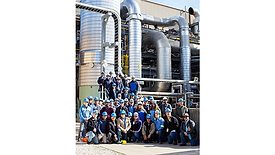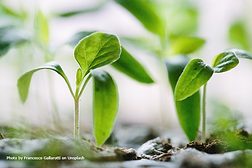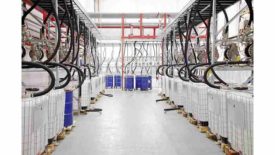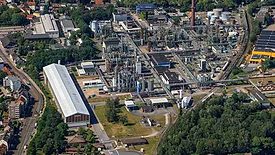Home » co2 emissions
Articles Tagged with ''co2 emissions''
Innovative Bio-Based Polyether Polyols
Biobased polyether polyols with vegetable oil are developed through special catalysts, helping to create products with specific characteristics depending on biobased content.
October 17, 2024
Keep the info flowing with our eNewsletters!
Get the latest industry updates tailored your way.
JOIN TODAY!Copyright ©2025. All Rights Reserved BNP Media.
Design, CMS, Hosting & Web Development :: ePublishing









